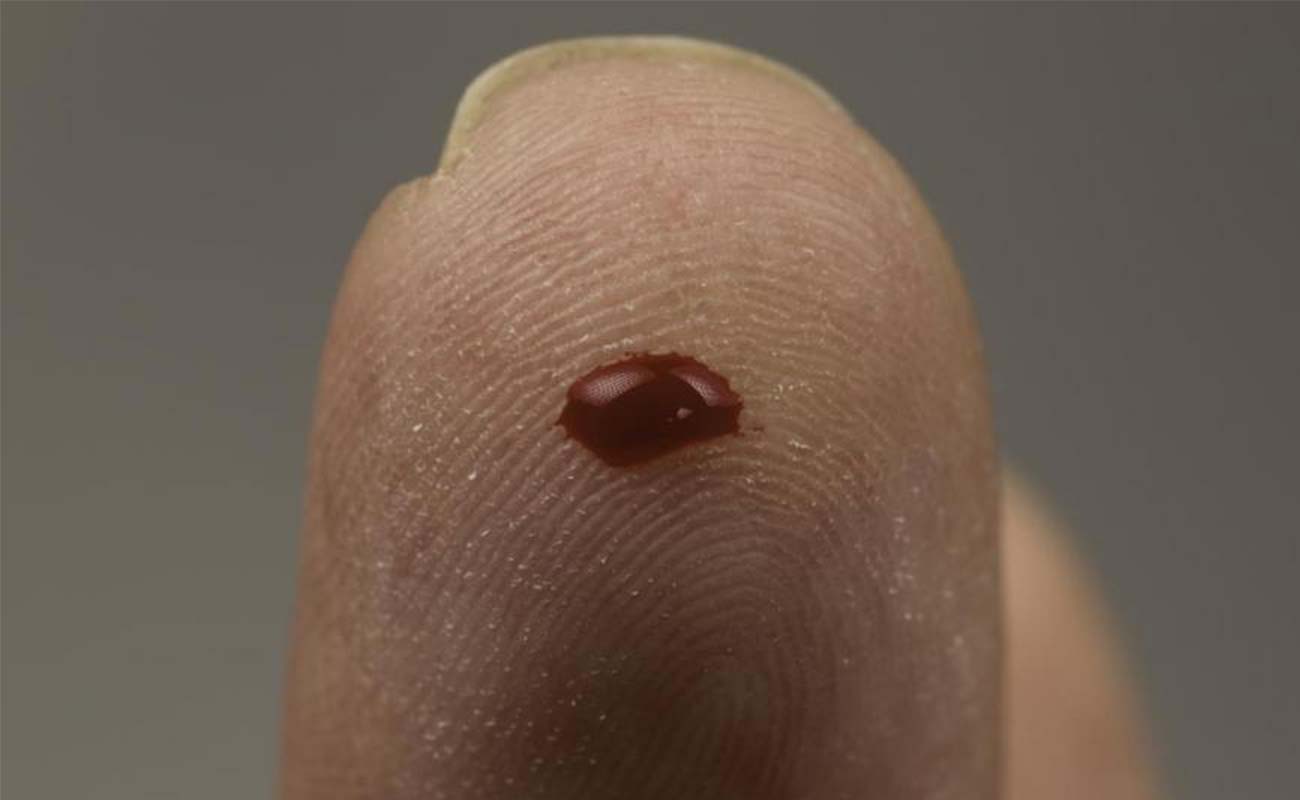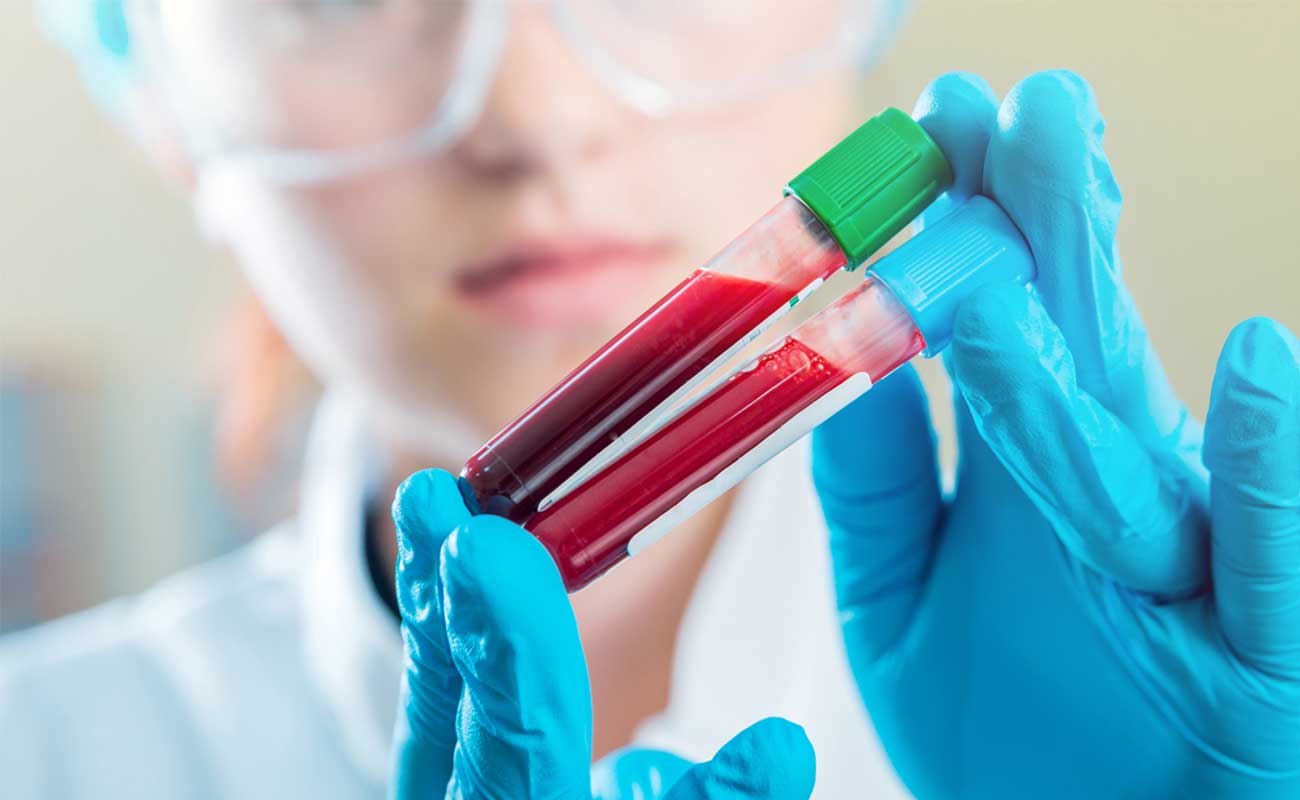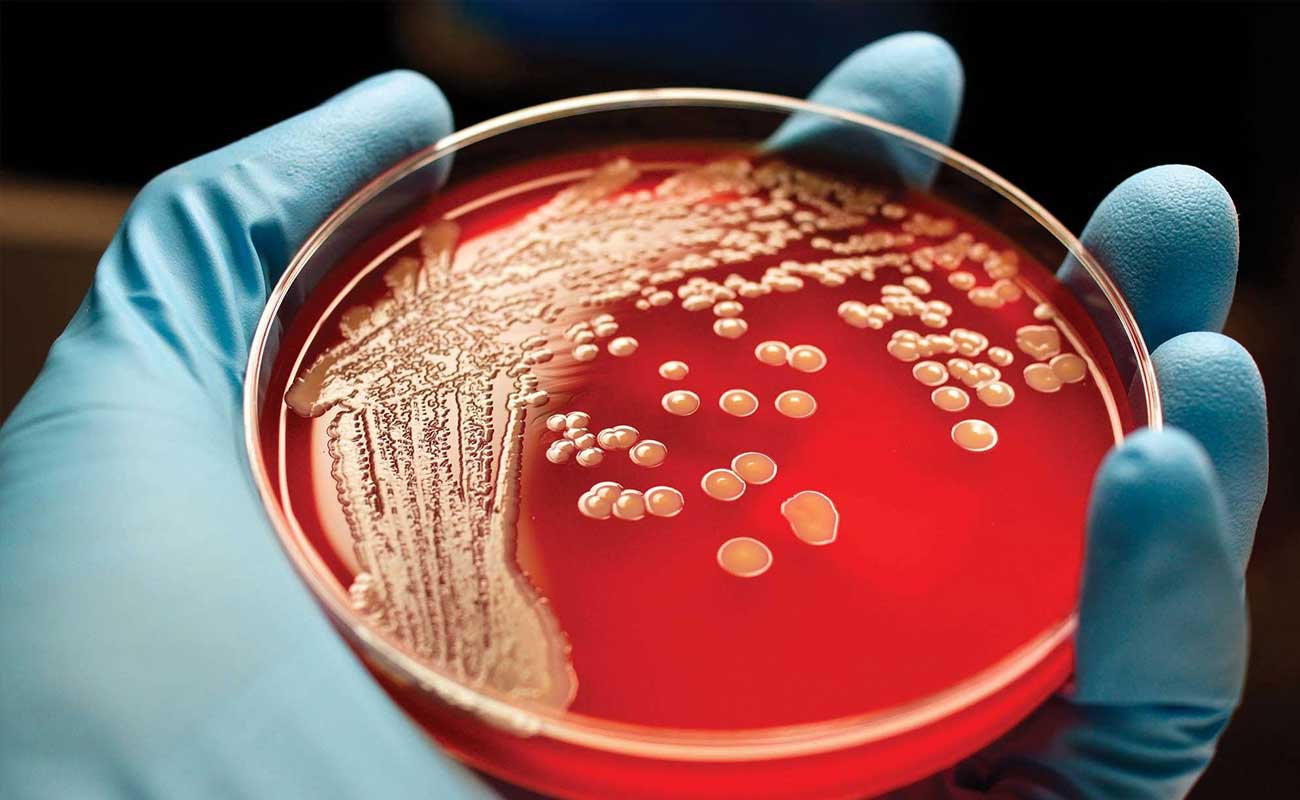There are many different types of blood cancers including leukaemia, lymphoma, myeloma and rarer types such as the myelodysplastic syndromes (MDS) and the myeloproliferative neoplasms (MPN).
Leukemia affects white blood cells
Healthy white blood cells help your body fight infection. If a person has leukemia, abnormal white blood cells, called leukemia cells, form in the bone marrow and spread into the bloodstream, where they compete with healthy cells and weaken the immune system.
Myeloma affects plasma cells
Plasma cells are white blood cells that produce antibodies. In myeloma, abnormal plasma cells (myeloma cells) accumulate in the bone marrow, which can cause weak bones, fractures and other symptoms.
Lymphoma affects lymphatic cells
Lymphatic cells are a type of white blood cell that appear in the bloodstream and the lymph system, which fights infection. Lymphoma often causes swelling of the lymph nodes in the neck, armpits and groin, and can appear in many other parts of the body.
Blood cancers can cause many different symptoms. Some are common across all blood cancers, others are more characteristic of particular types of blood cancer. For example, lymphomas can be characterised by swollen lymph nodes and one of the most common symptoms of myeloma is bone pain, especially in the back.
The vagueness and non-specific nature of the symptoms means that blood cancers can be hard to diagnose.
Samples collected for cancer blood tests are analyzed in a lab for signs of cancer. The samples may show cancer cells, proteins or other substances made by the cancer. Blood tests can also give your doctor an idea of how well your organs are functioning and if they've been affected by cancer.
Examples of blood tests used to diagnose cancer include:
But tumor markers are also produced by some normal cells in your body, and levels may be significantly elevated in noncancerous conditions. This limits the potential for tumor marker tests to help in diagnosing cancer. Only in extremely rare circumstances would such a test be considered enough to make a firm diagnosis of cancer.
The best way to use tumor markers in diagnosing cancer hasn't been determined. And the use of some tumor marker tests is controversial.
Examples of tumor markers include prostate-specific antigen (PSA) for prostate cancer, cancer antigen 125 (CA 125) for ovarian cancer, calcitonin for medullary thyroid cancer, alpha-fetoprotein (AFP) for liver cancer and human chorionic gonadotropin (HCG) for germ cell tumors, such as testicular cancer and ovarian cancer.

Treatments
Treatment for blood cancer depends on the type of cancer, your age, how fast the cancer is progressing, where the cancer has spread and other factors. Some common blood cancer treatments include:

You should seek prompt medical care if you are experiencing unexpected weight loss, persistent and frequent infections, night sweats, fatigue, bone pain, or enlarged lymph nodes.
But it is important to remember that many of the symptoms can occur in other, much more common and less serious illnesses as well. Whilst these symptoms do not always indicate a blood cancer, as with most cancers, early diagnosis is fundamental for better treatment outcomes so it’s always best to get your symptoms checked if you’re worried.
Sources: bloodwise, .futureofpersonalhealth, cancercenter and ...
Submit Comment